Research
Addressing global sustainability challenges through Research and Innovation
Queen’s has a proud history of conducting innovative, impactful and world-leading research that has positively changed people’s lives.
Understanding the relationship between humans and our environment has never been more important. The choices we face have never been so stark. Our climate is changing. The effects of this are being felt now as a day to day reality. There is an obligation on those involved in academic research to turn towards the challenges presented.
Our researchers work across disciplines and sectors to address local and global challenges, incorporating the UN Sustainable Development Goals, and driving real-world impact.
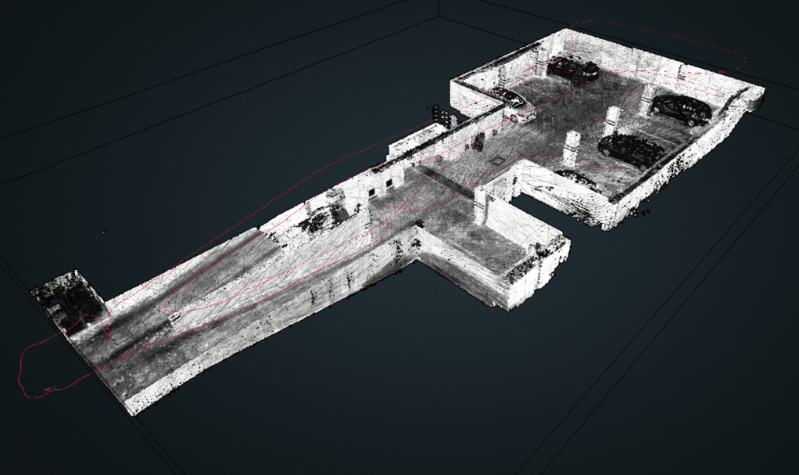
A joint research project under the US-Ireland Research and Development Programme
The UrbanArk project aims to improve the resilience and emergency preparedness of urban centres and their communities to the threat of coastal flooding. UrbanARK has partnered with local authorities and governmental agencies to address coastal flood risk assessment and communication in the context of three US and Irish study areas: New York, Belfast, and Dublin.
.png)
Queen’s University spin-out company, Fjordstrong, is developing innovative underwater surveying technology that will help conserve vulnerable marine species.
Fjordstrong, which is based at Queen’s Marine Laboratory in Portaferry on the shores of Strangford Lough, has developed a patented zero-impact biodiversity underwater survey system called Auto-release Baited Underwater Video (ABUV), designed to survey high conservation value species and protected marine areas.
Throughout 2023 the company continued to research new technologies to prevent the trawling of seabeds, which would have a high ecological impact, by replacing trawling with underwater surveying cameras.
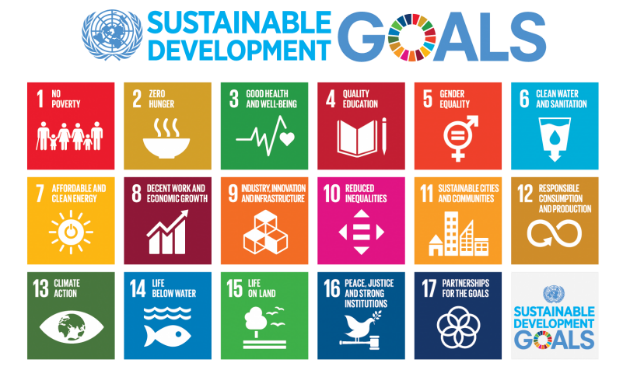
We're making a difference on a global scale, framing our research and collaborations in ways that can contribute to delivering peace and prosperity for our changing world.
Through our research, we strive to change society for the better - whether that is connecting local individuals and communities, or contributing to international efforts to address global grand challenges such as climate change.

The Centre for Advanced Sustainable Energy (CASE) is an industry-led sustainable energy research centre that is bridging the gap between industry needs and academic research.
The publication of ‘A Pathway to our Renewable Future’ report has showcased that Northern Ireland has the potential to be an international leader in sustainable energy by building on regional innovation, with its inherent strengths in manufacturing, renewables, agriculture, education, and community development.
.png)
Queen’s researchers are leading a 5-year research programme called the GroundsWell consortium funded by the UK Prevention Research Partnership.
The programme is reviewing the importance of urban green and blue spaces for chronic disease prevention, reducing inequalities and climate action.
Cross sectoral dialogue with primary schools, the community sector, local interest groups, professionals and academics, councillors, MLAs and officials, and local businesses has enabled a series of community engagement activities, and the development of a strategy, to be achieved.
Advancing Urban Green and Blue Space Contributions to Public Health | GroundsWell Project
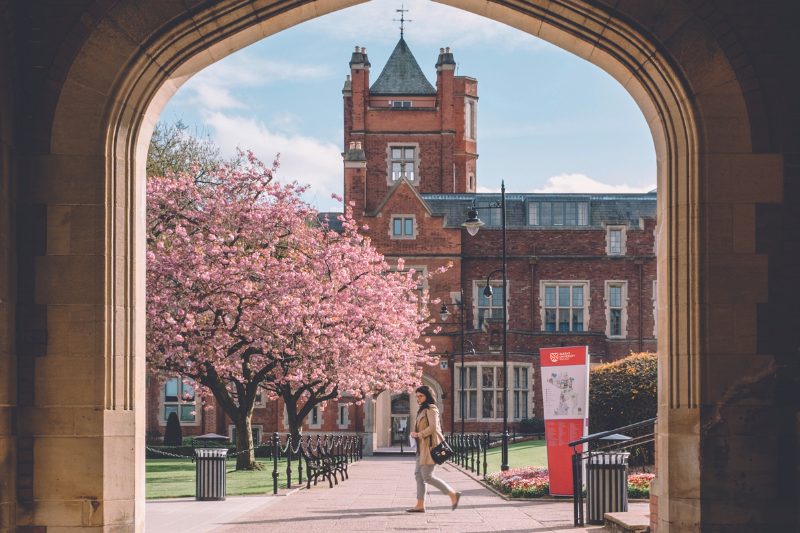
Despite a large growth in evidence on violence against women (VAW) over the last 25 years, VAW persists, as do gaps in the field’s knowledge of how to prevent and respond to it. To ensure that research on VAW in low- and middle-income countries (LIMCs) is addressing the most significant gaps in knowledge, and to prioritise evidence needs to reduce VAW and better support victims/survivors, the Sexual Violence Research Initiative (SVRI) and Equality Institute (EQI) led a process of developing a global shared research agenda (GSRA) on VAW in LMICs.
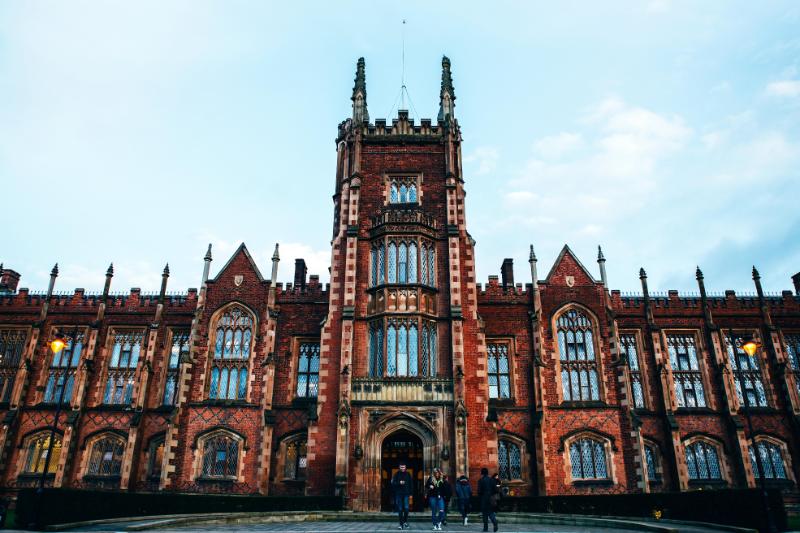
Mental health services are scarce in low- and middle-income countries (LMICs), and designing and implementing effective interventions can be difficult. The aim of this international study was to explore the key lessons for developing, implementing, and evaluating community-based mental health and well-being interventions in LMICs, with an additional focus on older adults.

Co-chaired by Belfast City Council and Queen’s University, Belfast Climate Commission is one of three city-based climate commissions across the UK (Belfast, Edinburgh and Leeds), initially funded by the Economic and Social Research Council for the Place-Based Climate Action Network (PCAN). Working alongside existing city structures and programmes, the Commission has been established to translate climate policy into action ‘on the ground’ to bring about transformative change.
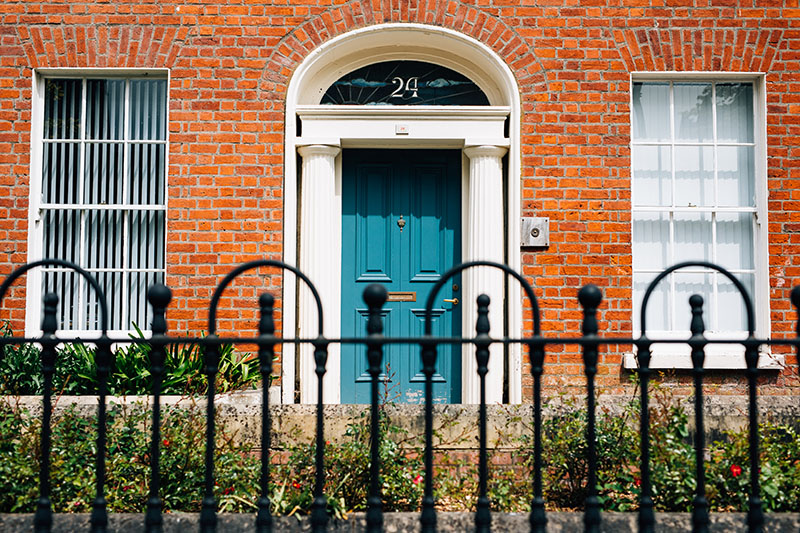
Investigating the interconnections between socio-economic (in)equality and the interlinked climate and ecological crisis as determined by natural and social sciences.
The Centre addresses how to ensure that humanity has a habitable planetary system as the basis for flourishing, good lives for the human population together with prosperous, just and sustainable societies. It's three pillars of investigation are Sustainability, Equality and Climate Action.
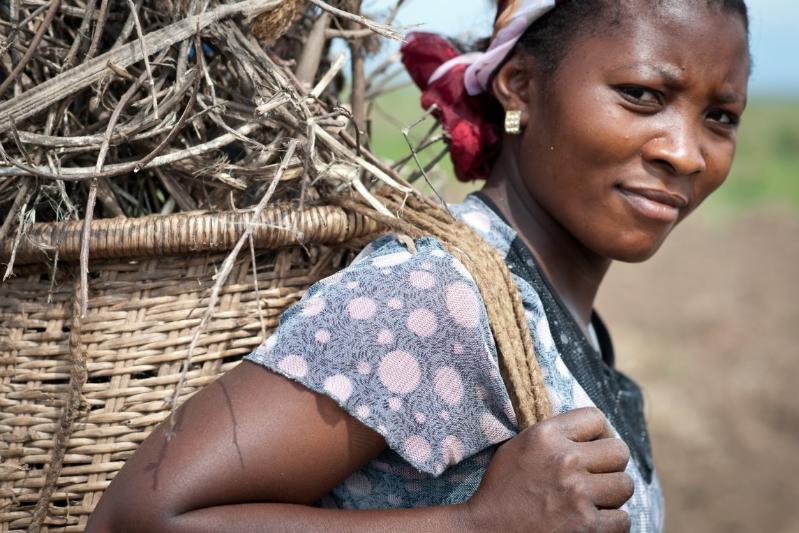
In sub-Saharan Africa, 22 million people live with HIV/AIDS. Annual mortality is 1.5 million and sexual transmission accounts for ~90% of new infections.
Young women are disproportionately a!ected due to socio-cultural issues. Seeking to empower them with an urgently needed female-initiated protective method, Queen’s researchers developed the first antiretroviral (AR) microbicide vaginal ring (VR), which provides slow, continuous release of dapivirine for longlasting protection against vaginal HIV transmission. Consequently, global microbicide development strategies were transformed, with the focus shifted from immediate-use gels to long-acting VRs.
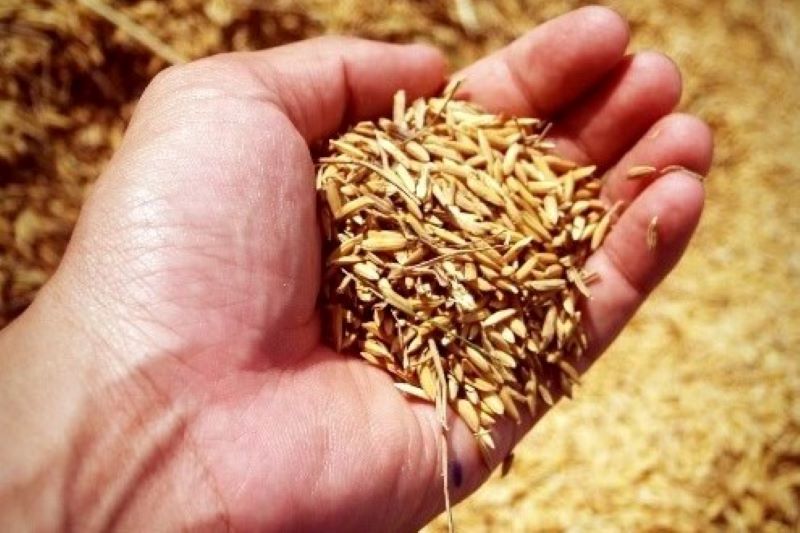
A Queen’s University research team investigated food-poisoning incidents in Uganda. Following tracing by the Queen’s team, non-contaminated cereals were re-distributed, circumventing a humanitarian disaster.
-600x399.png)
-600x399.png)
-600x399.png)
.png)
.png)